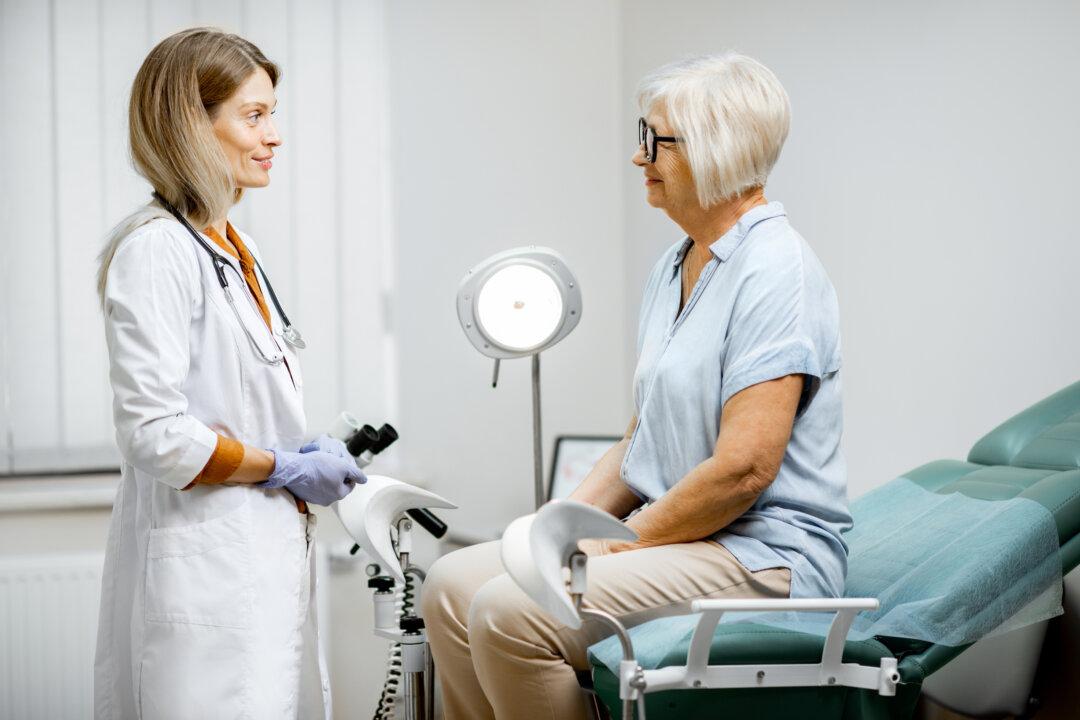You don’t feel well, have a low-grade temperature of 100.2, achy muscles, mild back pain, mild headache, it really burns when you pee. Emergency room (ER) or urgent care? Not only can the quality of your care depend on what you decide, but also the cost.
If you have a regular physician, then a simple call to him or her may be the easiest and best solution. It’s a Saturday of a three-day weekend and you didn’t get a call back from your doctor, you think you may have a bladder infection, and the local urgent care is right around the corner. It takes you 45 minutes and you are in and out with a prescription for antibiotics and pain relievers. You made a smart decision. It also didn’t cost you an arm and a leg.






